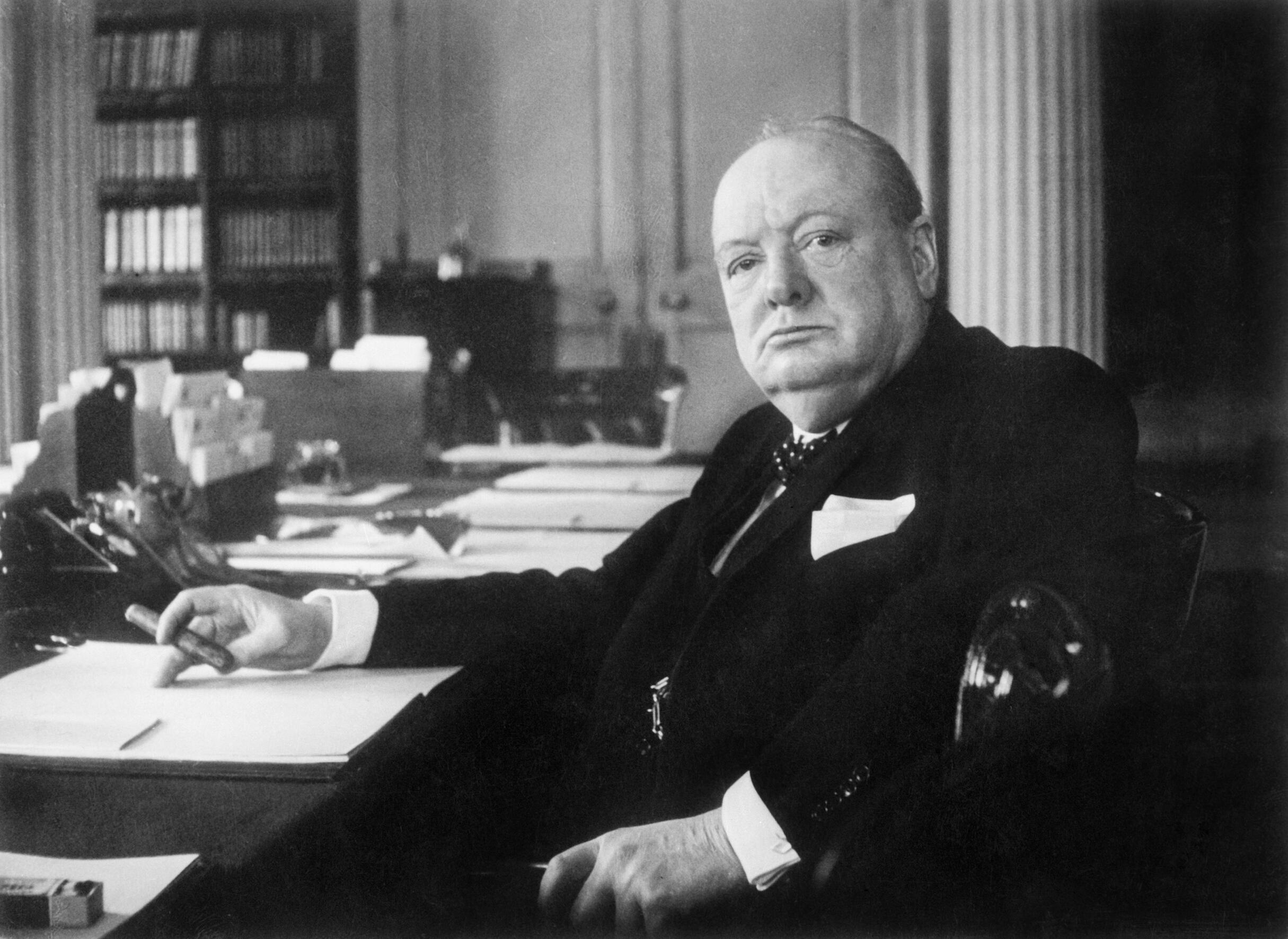Winston Churchill led during the most uncertain of times. After British forces had been evacuated from Dunkirk it was unclear for how long, or if, Britain could hold against Nazi might. So, while we often lament that we are living in times of rapid change, or face an uncertain future, some people have faced much more terrifying prospects. Fortunately, we have some valuable lessons to learn from such times, and the leadership attributes necessary to survive then thrive.
Churchill’s leadership style was one that relied heavily on inspiration through a focus on purpose. He believed that in combating suppressive regimes, in Europe or Asia, the allies were fighting a great evil. He made Britain’s fight part of a higher purpose when he argued that if Britain were “fated to pass from life into history” that it would be “in some supreme exertion for freedom”. So, you, as a leader, need to remind your teams of the organisation’s core purpose. Regardless of the changes ahead, purpose can be a firm and stable centre.
Churchill also claimed that, “Genius resides in the capacity for evaluation of uncertain, hazardous, and conflicting information”. For Churchill, uncertainty did not result in vacillation or indecision. While the British leadership was imperfect, it had the courage to make decisions with imperfect information. This is a lesson for all of us. In times of uncertainty, your role as a leader is still to make decisions. You must gather all the evidence you reasonably can, but there comes a time to make a call.
Genius resides in the capacity for evaluation of uncertain, hazardous, and conflicting information. – Winston Churchill
Yet Churchill at no time promised that the struggle would be easy. He famously said: “I have nothing to offer but blood, toil, tears and sweat”. Indeed, his approach to the people of Britain was to speak eloquently, but nonetheless frankly, about the challenges that lay ahead. There were no promises of easy fixes – only the grim determination to succeed in spite of what seemed, at times, like dark hours and impossible odds. This is a lesson for leaders today. Promises of a picture-perfect future are an unrealistic insult to the intelligence, and life experience, of staff.
In the face of potentially difficult times Churchill did not pretend to know all the answers, instead his communication often sought to enhance the resilience of the nation. When Churchill said, “We shall defend our island, whatever the cost may be, we shall fight on the beaches, we shall fight on the landing grounds, we shall fight in the fields and in the streets, we shall fight in the hills; we shall never surrender”, he was demonstrating his belief in the indomitable spirit of the people he led. He was in fact inspiring in them a belief in their own strength of will. As leaders we should not pretend to know all the answers, but we can inspire our people to believe that they can cope with what lies ahead.
I have nothing to offer but blood, toil, tears and sweat. – Winston Churchill
Finally, Churchill was often the first to congratulate the heroism and recognise the sacrifice required to save a nation. Gratitude and team pride are important emotions for any leader to express, especially in times of uncertainty. So, with the victory of a numerically inferior British air force during the Battle of Britain, he announced that: “Never in the field of human conflict was so much owed by so many to so few”. We do not all possess the ability to be as succinctly eloquent as Churchill. However, whether the path forward is clear or not, it is essential to pause to celebrate the contributions made by our colleagues.
So, there is much to learn from those who have historically led through times of uncertainty. Such leaders refer to the touchstone of purpose; make decisions using the information before them; speak honestly about the difficulties ahead; inspire a belief in our ability to cope with such difficulties; and celebrate the contributions of colleagues. Neither Churchill, nor any great leader, hid in his or her office. They reached out to their people and inspired resilience. Such is your task when your turn comes.





